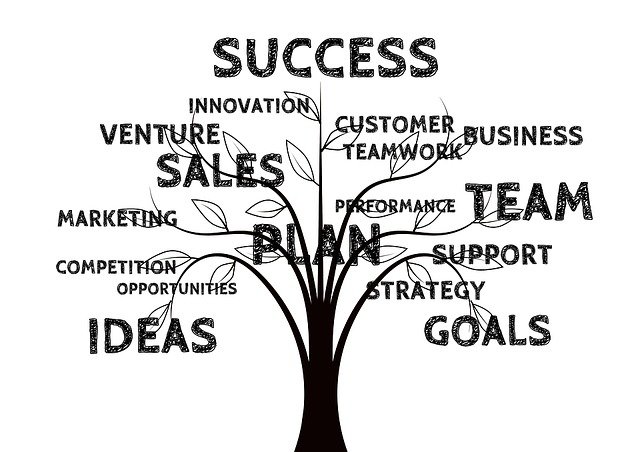How CRM systems can optimize lead qualification and scoring
Customer Relationship Management (CRM) systems play a crucial role in optimizing lead qualification and scoring processes. These systems help businesses manage and analyse customer interactions, streamline communication, and improve overall customer relationships. Here’s how CRM systems can optimize lead qualification and scoring:
1. Centralized Data Management:
CRM systems provide a centralized repository for all customer data, including interactions, preferences, and history.
Consolidating data in one place allows sales and marketing teams to access real-time information about leads, enabling better decision making during the qualification process.
2. Automated Lead Capture:
CRM systems often integrate with various channels such as websites, social media, and email to automatically capture lead information.
Automation reduces manual data entry errors and ensures that all relevant lead data is captured consistently.
3. Lead Scoring Models:
CRM systems allow businesses to implement lead-scoring models based on predefined criteria.
By assigning scores to leads based on factors like the engagement level, demographics, and behaviour, businesses can prioritize leads for follow-up and then allocate resources more efficiently.
4. Behaviour Tracking:
CRM systems track customer behaviour such as website visits, email openings, and social media interactions.
This behavioural data can be used to refine lead-scoring models, providing a more accurate representation of a lead’s interest and their likelihood to convert.
5. Integration with Marketing Automation:
Integrating CRM with marketing automation platforms allows seamless communication between marketing and sales teams.
Lead qualification criteria established by marketing can be easily transferred to the CRM system, ensuring consistency and alignment between the two departments.
6. Customizable Workflows:
CRM systems offer customizable workflows that enable businesses to define specific lead qualification and scoring processes.
Workflows can automate tasks, such as sending follow-up emails, assigning leads to sales representatives, or triggering alerts when a lead reaches a certain score.
7. Lead Segmentation:
CRM systems allow businesses to segment leads based on various criteria such as industry, location, or behaviour.
Segmentation helps tailor marketing and sales strategies to different groups of leads, improving the relevance of communication and increasing the chances of successful conversion.
8. Reporting and Analytics:
CRM systems provide robust reporting and analytics features that enable businesses to evaluate the effectiveness of their lead qualification and scoring strategies.
By analysing performance metrics, teams can identify areas for improvement and make data-driven decisions to optimize lead management processes.
In summary, CRM systems streamline lead qualification and scoring by centralizing data, automating processes, implementing scoring models, and facilitating collaboration between sales and marketing teams. This results in more efficient and effective lead management, ultimately contributing to improved conversion rates and customer satisfaction.


